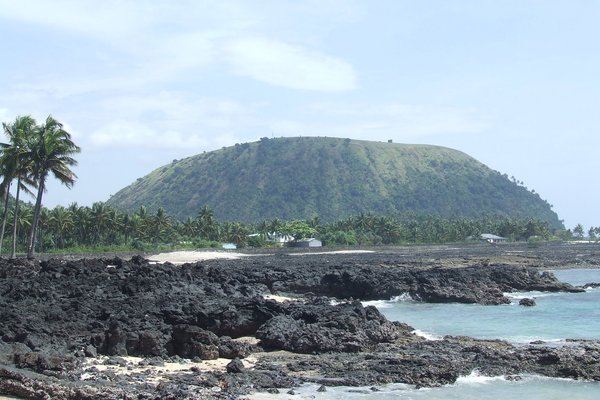Comoros
Cultural landscape of Comoros Archipelago
Site Info
Official Information
- Full Name
- Ecosystèmes terrestres et paysage culturel de l'Archipel des Comores (ID: 5108)
- Country
- Comoros
- Status
-
On tentative list 2007
Site history
History of Cultural landscape of Comoros Archipelago
- 2007: Added to Tentative List
- Added to tentative list
- Type
- Mixed
- Criteria
Links
- UNESCO
- whc.unesco.org
All Links
UNESCO.org
- whc.unesco.org — whc.unesco.org
Community Information
- Community Category
- Natural landscape: Diverse ecosystems
- Cultural Landscape: Continuing
Travel Information
Recent Connections
News
No news.
Recent Visitors
- Harry Mitsidis
- Marcobrey
- Ask Gudmundsen
- Bram de Bruin
- Stanislaw Warwas
- A. Mehmet Haksever
- Wojciech Fedoruk
Visitors of Cultural landscape of Comoros Archipelago
Community Reviews
Show full reviewsSolivagant
Cultural landscape of Comoros Archipelago
Cultural landscape of Comoros Archipelago (On tentative list)

This T List proposal consists of 3 ecosystems and 1 cultural landscape spread across all 3 of the islands currently making up the State of the Comoros (the 4th, Mayotte, voted to stay with France!). It encompasses therefore both the natural tropical and volcanic scenery as well as the man-made landscape. During our visit in Feb 2008 we were able to visit the “cultural landscape” on Grande Comore ((Ngazidja). We probably did not climb high enough to reach that island’s potential “ecosystem” site but both are set on the slopes of the active Karthala Volcano which dominates the south of the island. The natural element consists of the volcano itself with its caldera (at 3 kms in diameter, said to be the largest in the world) and reaches down through broadleaf rainforests which contain a range of endemic species. At lower altitudes this forest “morphs” into the cultural landscape.
The Comoran approach to agriculture mixes high growing trees (including endemic forest species) interspersed with plantation trees/bushes such as bananas/coffee/cocoa and low growing vegetables. This mixed agriculture exists on the slopes of the volcano from high altitude levels down to sea level and the T List description seems to include all of these. There are almost no roads and the area is criss-crossed by paths bordered by walls of volcanic stones. The whole is managed within a village culture which maintains the terraces etc.
We visited a variety of locations within this cultural landscape from sea level to reasonably high up …
Keep reading 0 comments
